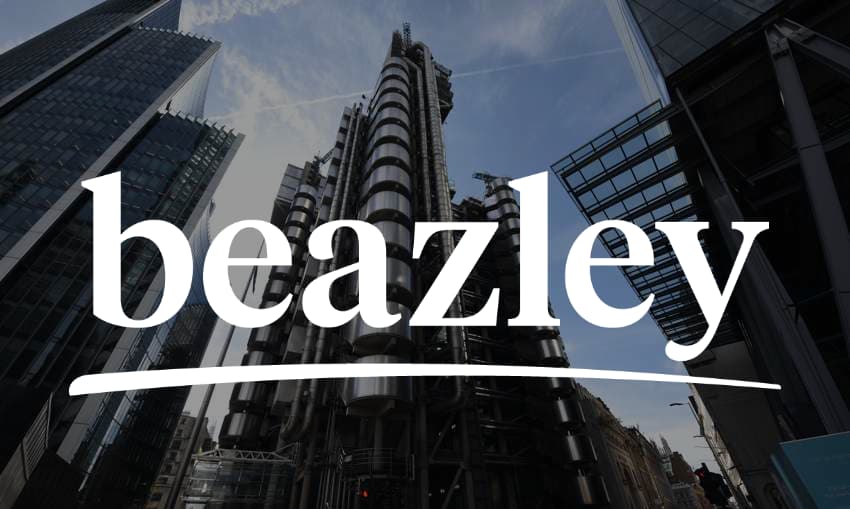Is this finally the end of the crypto saga?
I can’t say that you read it here first, but I have been consistent within this column in refusing to believe in the crypto currency story. FTX might not actually be the archetypal financial con but a con it most certainly was whether by accident or by design. I discussed the whole thing with a colleague who understands the crypto business better than most and he compared it to Enron? As in most of these stories some innocent people were almost certainly caught up in doing things which were illegal, but they might have not known about it? To me the great lesson to be learned from a huge financial disaster is that the fact that a company is regulated does not save you from being swindled. The EU added credibility as Cyprus granted a license to FTX less than two months ago. To its credit the UK’s FCA warned the UK public against trading with an unlicensed unregulated entity but FTX had been licensed in quite a few respectable locations but that has not helped one iota. The UK only seemed to warn people because FTX was in the Bahamas. The FCA also recently granted a license to Revolut which moved a lot of their trading to Lithuania earlier this year? My colleague told me that the real problem was that an affiliated company Alameda Research was gambling with client’s money. He told me that this was not a research company but a proprietary trading desk and that the traders were “ true believers” in the asset class and were therefore always holding a long position. I told him that was the key shortfall of crypto. By definition you cannot take a short position in something that doesn’t actually exist in any tangible form. Caveat Emptor.
Morrison owner shields £ 6.5bn. from rising interest rates.
I found this piece quite interesting as it somehow seems to assume that just because you have an interest hedge then everything is hunky dory. Clayton, Dubillier and Rice are Wall street players but no doubt consider themselves to be world players. I don’t know anything about them but I wouldn’t mind betting that thew rationale for acquiring Morrisons in the first place had very little to do with next to zero interest rates. The purchase took place in October of 2021 when conditions were much different to today. This was a leveraged buy out which almost certainly means that the buyers borrowed most of the money in Sterling thereby creating a partial hedge against the capital sum. However, if the leverage was let’s say three times this would have left the buyer with a 25% sterling liability. Since the Russian insanity in Ukraine the American dollar has surged as a safe haven (under Biden?) Just the same I would like to be fly on the wall when CDR’s hedging committee next meets. Hedging has costs and risks attached to it. Nothing comes cheap and whatever else comes out of this deal it doesn’t look like a good deal for the buyer nor for he banks that financed it.
UK Insolvencies hit six month high
As the UK chancellor takes aim at the British Economy a warning that things are not at all good in the credit markets. Insolvencies of UK companies have risen by nearly 40% year on year. Part of this is due to the support given to the walking dead through artificial COVID support loans, another giant folly mainly caused by the UK Government in the first place. Many of the companies which are in trouble now have been in trouble for ages and would not have survived in a normal interest rate environment anyway but it will prove to be a dire headache for the bankers that will have to pick up the pieces. As I have mentioned many times before the real problem is that there is shortage of people mot just in the UK but worldwide who have the ability to recognise value and to know how to save what is valuable. Britain is the first economy in Europe to have to address this problem but it will be everywhere as soon as the ECB recognises that it cannot go on printing virtual money for ever. That point cannot be far off. The UK has a relatively strong banking system but that does not apply to some other Eurozone economies. Today the ECB warned that the Eurozone faces threats to its financial stability. Yesterday we were told that Japan faces a downturn with economic fundamentals far worse that the UK.
Howard Tolman is a London based well known ex Banker, Entrepreneur and IT specialist







































